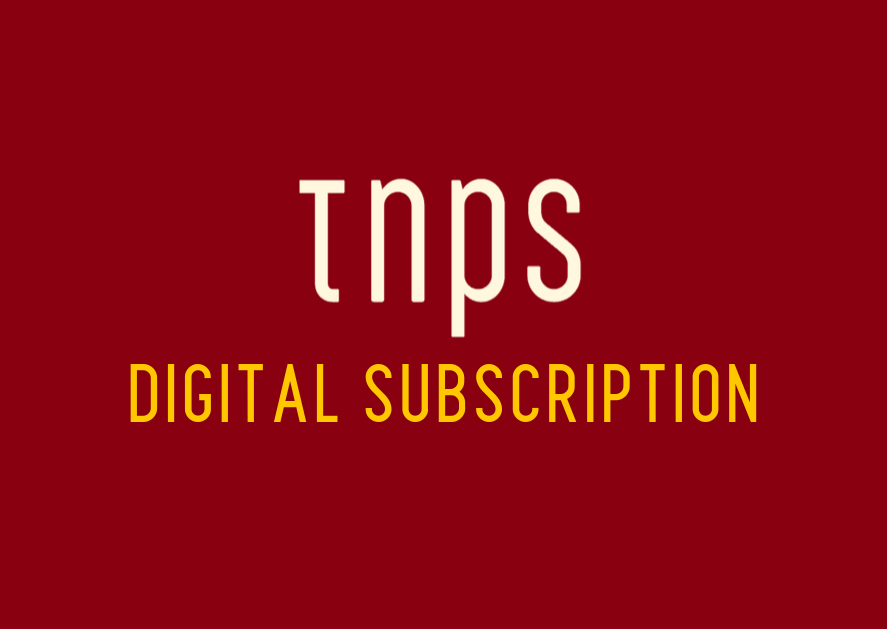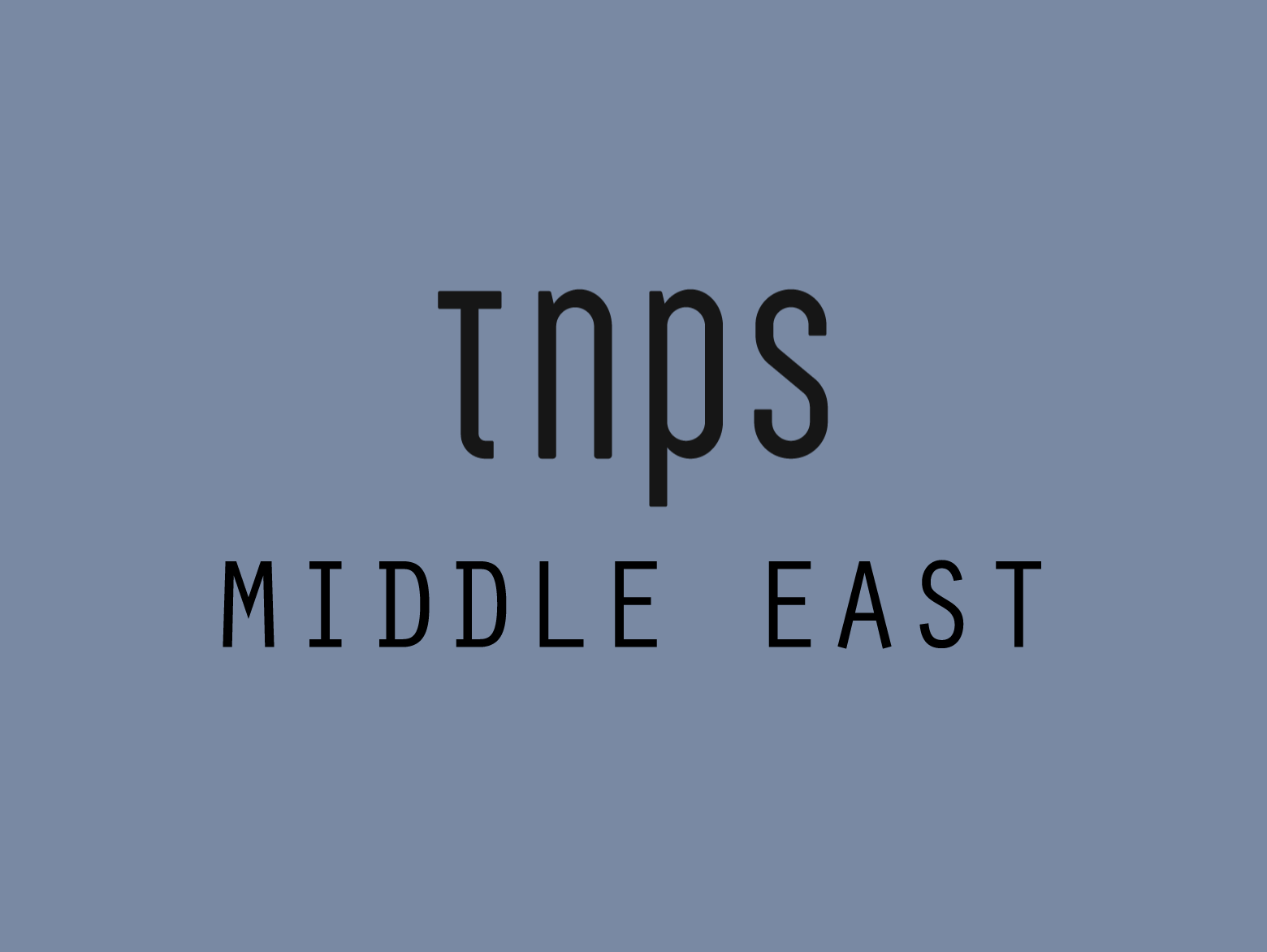What Spotify and others did was to expand the (music) market beyond the wildest dreams of music artists and publishers.
The Coalition of Concerned Creators in the US seems not to understand the nature of business.
The whole point of having a publisher is to let the publisher do the donkey work so the author doesn’t have to.
The publisher makes and takes the critical decisions, puts in the up-front cash, hopefully provides wide reach, and if all goes well the author reaps the rewards.
The key point being, it is the publisher’s money and they make the decisions they think are best for the book.
The Coalition of Concerned Creators wants to have its cake and eat it. It’s unhappy with the lack of transparency from Spotify about the audiobook deals the streaming giant has made with the authors’ publishers, but rather than ask the publishers who they have signed their contracts with, they are demanding Spotify, with which they have no contract, to tell them what the publisher deal is.

Per the CCC website, “As authors and supporters of the literary community, we are deeply concerned about Spotify’s free bundling of audiobooks in the United Kingdom, Australia, and the United States.“
Free bundling? That will be 15 hours “free”, if the person is already a paying subscriber to Spotify. Another ten hours will cost $12.99. The 15 hours is in the basic price, and obviously if someone is listening to 15 hours of audiobooks then they are not listening to 15 hours of music, so free it is not.
And to be clear, the subscriber is paying, and the publisher is being compensated, and at a rate that was good enough to have all of the Big 5 clamber on board.
How much? That’s commercially sensitive data the publishers surely have a right to keep to themselves.
How much does the author get? That depends entirely on the contract between the publisher and the author.
Crucially, the amount the publisher hands over to the author has nothing to do with Spotify, which makes a nonsense of the CCC demands that Spotify be more transparent.
The CCC says, “The licensing of 200,000+ books to Spotify has been done with zero input from authors and literary agents. These deals are being negotiated behind closed doors with the largest publishers without transparency around terms for authors.”
Totally correct. But where is this Spotify’s fault? The authors are not dealing with Spotify. The publishers are. When a supermarket negotiates with a farmer to buy the farmer’s crops, they do not tell the farmhands what the deal is.
If the CCC wants to know more, ask the publishers. Make the publishers the target of their campaign.
If authors want to know and control the publishing deals that get their books in front of consumers, then they might want to consider self-publishing, and cut out the middle man.
The CCC might also want to take a closer look at the music industry it says is doing so badly thanks to subscription.
In the past decade streaming has added a half a billion users worldwide.

Here’s how that looks.

And here’s what it means in fiscal terms:

And here’s how that came about over time.

Note that slippery slope from 2009 through to mid-decade, and then ask yourself what happened circa 2015-16 that suddenly not just reversed the decline but sent music revenue to hitherto unheard of heights?
Of course it was Spotify’s, Apple’s and Amazon’s unlimited streaming services (respectively 2011, 2015 and 2016). The slow start when Spotify arrived on the scene reflects initial music publisher resistance, just as we see today with book publishing.
Are music artists getting their fair share? Not according to the CCC.
“This is not the first time Spotify has undermined and squeezed creators. Music streaming has had a devastating impact on artists’ incomes. From musicians and podcasters to voice actors, this new avenue for Spotify threatens to devalue all creators’ abilities to make a living.”
No, what Spotify and others did, as we see so clearly in the above graphic, was to expand the market beyond the wildest dreams of music artists and publishers.
If music artists did not get a fair share of that then that’s down to the publishers and the contracts signed, just like with authors.
The fact that the CCC is “demanding” Spotify explain itself to them while letting the publishers pocket the profits shows just how out of touch the CCC is.
This post first appeared in the TNPS LinkedIn Pulse newsletter.





